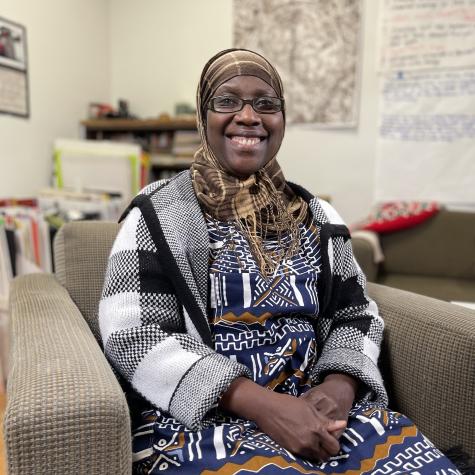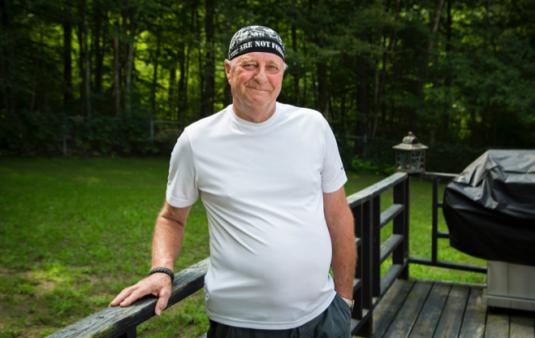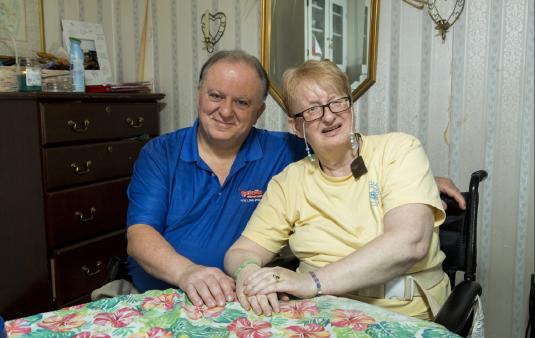Under the Federal Fair Housing Act, it is illegal, on the basis of race, color, national origin, religion, sex, handicap, or familial status (having children under the age of 18) to:
Deny a loan for the purpose of purchasing, constructing, improving, repairing or maintaining a dwelling, or to deny any loan secured by a dwelling; or discriminate in fixing the amount, interest rate, duration, application procedures, or other terms or conditions of such a loan, or in appraising property.
If you believe you have been discriminated against, send a complaint to:
Assistant Secretary for Fair Housing and Equal Opportunity
Department of Housing and Urban Development
Washington, DC 20410
1-800-669-9777 (voice), 1-800-927-9275 (TTY)
For processing under the Federal Fair Housing Act




